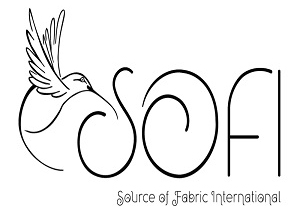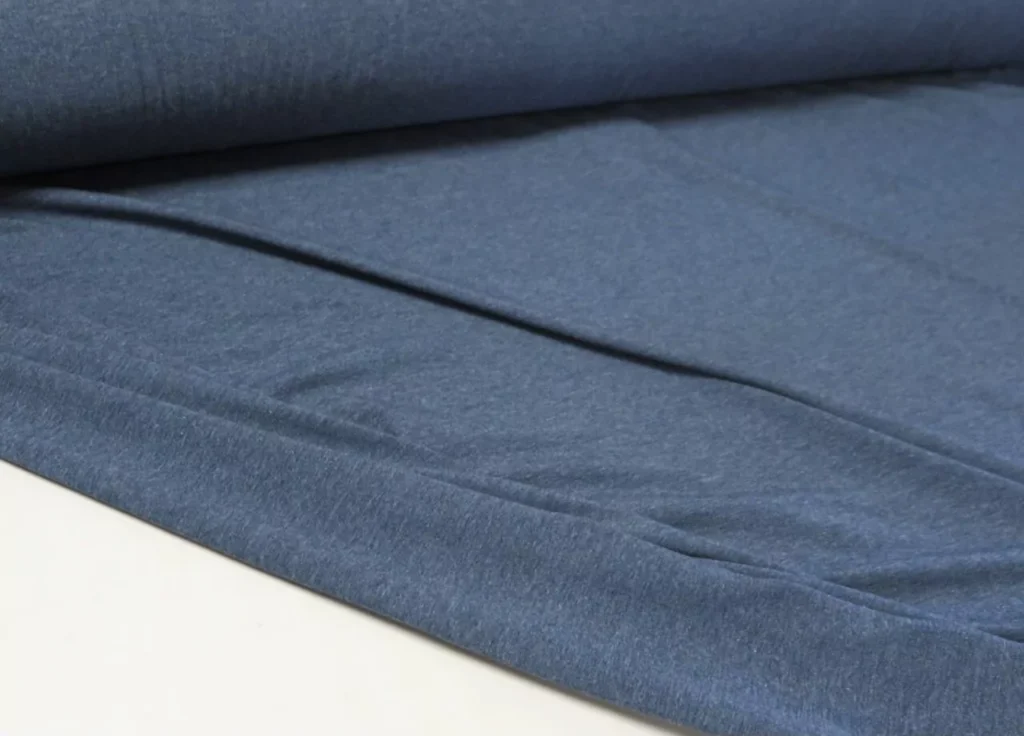As sustainability becomes a crucial factor in the textile industry, understanding the journey of fabrics like organic cotton jerseys is essential. This fabric, known for its softness and eco-friendly attributes, undergoes a meticulous production process that ensures both quality and minimal environmental impact. In this article, we’ll explore the steps involved in transforming organic cotton from farm to fabric, offering insights into why it’s a sustainable choice for both fashion and home textiles.
1. Cultivating Organic Cotton: The Foundation of Sustainability
The production process of organic cotton jerseys begins at the farm. Unlike conventional cotton, organic cotton is grown without the use of synthetic pesticides, herbicides, or genetically modified organisms (GMOs). To manage pests and preserve soil health, farmers rely on organic fertilizers, crop rotation, and biological pest management. These practices not only protect the environment but also enhance the quality of the cotton fibers, which are longer and stronger than those produced through conventional methods.
2. Harvesting and Ginning: Preserving Fiber Quality
Once the organic cotton plants reach maturity, they are harvested using either hand-picking or mechanical methods. Hand-picking is preferred as it reduces the damage to the cotton fibers, ensuring that the raw material remains intact and of high quality. After harvesting, the cotton undergoes ginning, a process where the seeds are separated from the cotton fibers. This step is crucial as it prepares the cotton for the next stages of production while preserving the integrity of the fibers, which are vital for producing a durable and soft fabric.
3. Spinning: Transforming Cotton Fibers into Yarn
Spinning is the next stage of production, where yarn is twisted from cleaned and combed cotton fibers. This process involves several stages, including carding, drawing, and roving, each of which contributes to the strength and uniformity of the yarn. Organic cotton yarns are typically free from harsh chemicals, making them ideal for producing fabrics like jerseys that are soft, breathable, and gentle on the skin. The spinning process is critical in determining the texture and quality of the final fabric.
4. Knitting: Creating the Organic Cotton Jersey Fabric
Once the yarn is ready, it moves on to the knitting stage, where it is transformed into fabric. Organic cotton jersey is typically produced using circular knitting machines that interlock the yarns in a way that creates a smooth, stretchable, and comfortable fabric. The knitting process can vary depending on the desired weight and texture of the fabric, but the result is a versatile material suitable for a wide range of applications, from clothing to home textiles. The use of organic yarns ensures that the fabric retains its natural properties, offering a soft touch and excellent breathability.
5. Finishing: Enhancing the Fabric’s Performance
The final step in the production of organic cotton jerseys is the finishing process. This stage involves several treatments that enhance the fabric’s appearance, feel, and performance. Common finishing processes include washing, dyeing, and softening. Organic cotton jersey is often dyed using low-impact or natural dyes, which are free from harmful chemicals and heavy metals. These dyes not only produce vibrant colors but also ensure that the fabric remains safe for both the wearer and the environment. Additionally, the finishing process may include treatments to improve the fabric’s resistance to shrinkage and pilling, further increasing its durability. Read More About Exploring the Benefits of Organic Cotton Jersey: A Sustainable Choice for Fashion and Home Textiles
Conclusion: SOFI’s Commitment to High-Quality Organic Cotton Jersey Production
At SOFI, we take pride in offering fabrics that are not only of the highest quality but also produced with sustainability in mind. Our organic cotton jersey undergoes a meticulous production process, from farm to fabric, ensuring that it meets the rigorous standards required for eco-friendly textiles. By choosing SOFI’s organic cotton jersey, you’re not just investing in a premium product; you’re also supporting sustainable practices that benefit both the environment and the people involved in its production.
Explore our wide range of organic cotton jerseys and other wholesale fabric options to find the perfect material for your fashion and home textile projects. SOFI is committed to providing fabrics that align with your values and meet your quality expectations.


